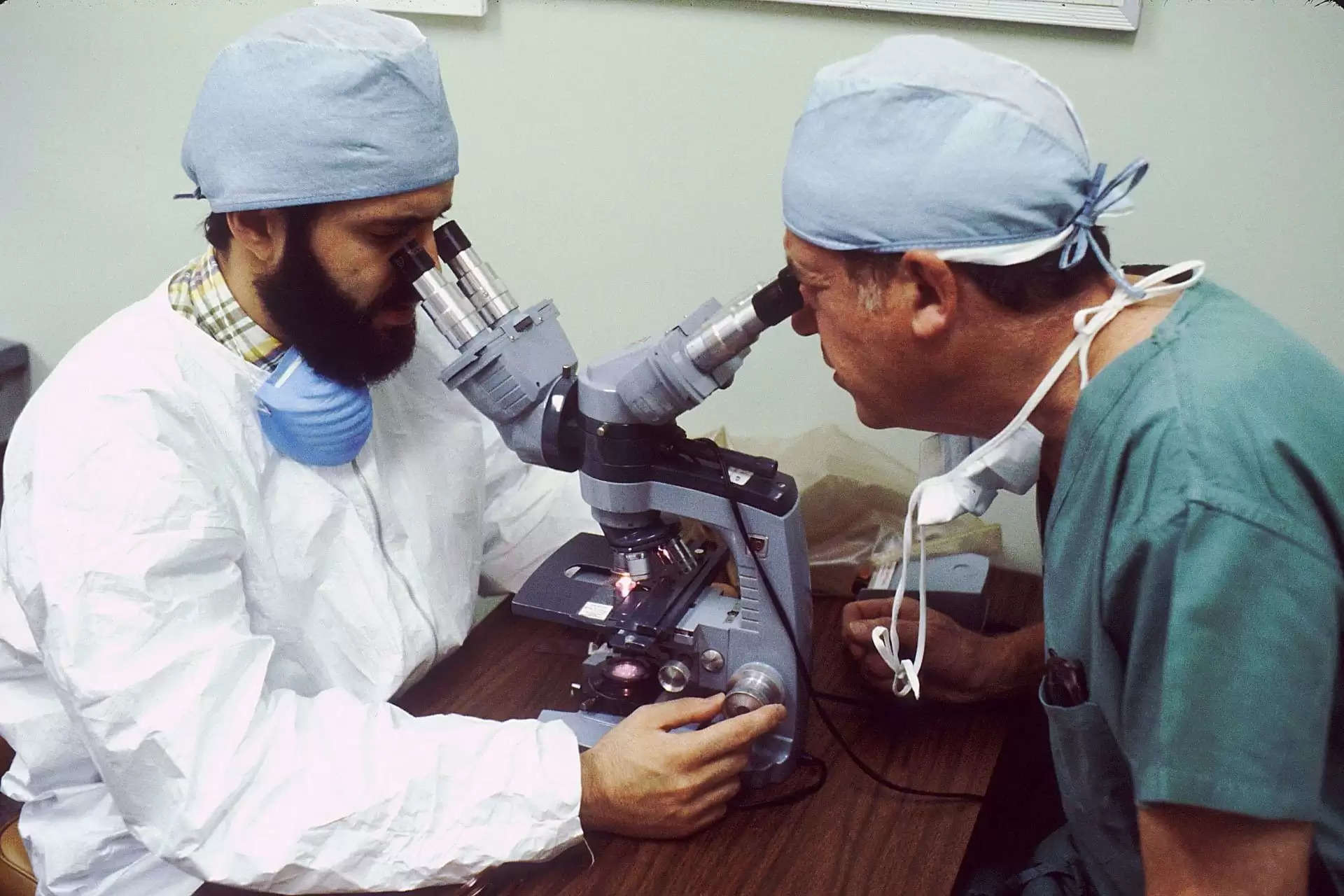A study suggests that bacteria can travel from one continent to another in atmospheric dust

LONDON (PTI):
Some bacteria can travel from one continent to another 'hidden' in atmospheric dust, according to a new study which says these microbes may not only affect human and animal health but also impact climate and ecosystems.
The research, published in the journal Atmospheric Research, deciphered the mystery of the transport of microorganisms across continents via 'giant' atmospheric particles called iberulites that could be inhaled by humans.
According to scientists, including those from the University of Granada (UGR) in Spain, says that these aerosols act like a "launch vehicle" for bacteria and may pose a risk of disease transmission across continents.
They explained that iberulites are giant atmospheric bioaerosols made of multiple minerals, measuring on average one hundred microns approximately.
ALSO READ:
Also Read: Gen. Naravane holds talks with top Saudi generals; discusses ways to enhance defence cooperation
While these bioaerosols were discovered in 2008, the scientists said the mechanism by which bacteria are involved in the formation of atmospheric iberulites remained unknown.
"Bacteria can survive in iberulites because these provide a nutritious medium, a microhabitat rich in nutrients, and they protect the bacteria from ultraviolet radiation," said Alberto Molinero Garcia, a co-author of the study from UGR.
According to the researchers, the iberulites aid microorganisms to travel great inter-continental distances on atmospheric currents such as the Saharan Air Layer (SAL).
They believe these aerosols may exist throughout the world, primarily in those regions where dust is carried in from desert regions. (PTI)
ALSO WATCH:

















